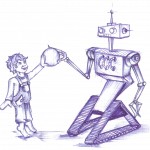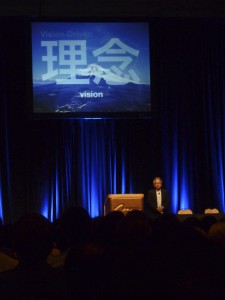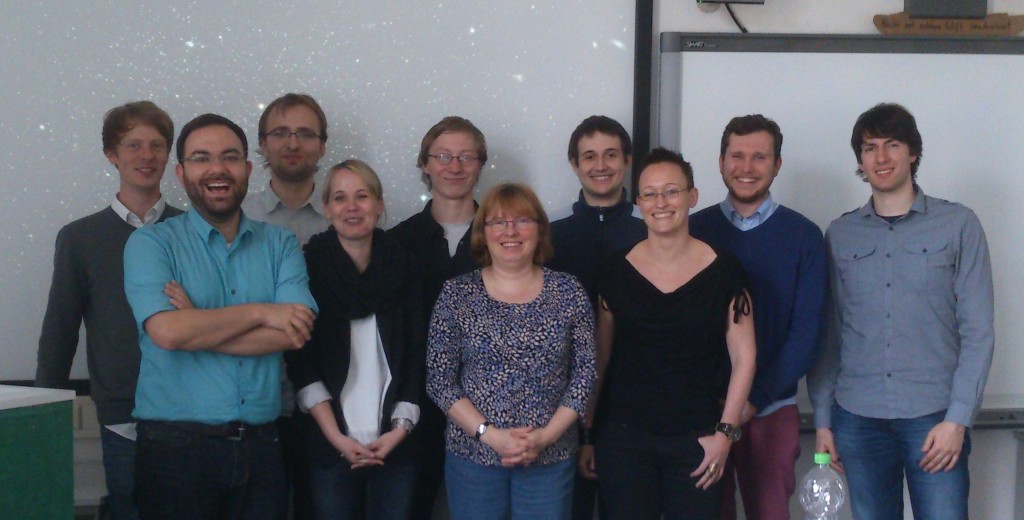To face dynamic environments and everyday situations is currently the biggest challenge for robotics. As part of their research project on the development of service robotics in Japan and Europe the sociologists Gesa Lindemann, Gregor Fitzi, Hironori Matsuzaki and Ilona Straub invited both robotic scientists and social scientists to discuss the implications and challenges of the goal to take robots beyond the laboratory.
Our fellow Andreas Bischof had the chance to present the outlines of his reserach question in analyzing social robotics to this very instructive conference. The greatest effort of GBTL conference was to bring together researchers with different perspectives on robotics, what is unfortunately rather rare in this context. HRI specialists like Morana Ala? or Selma Šabanovi? met german sociologists like Ingo Schulz-Schaeffer and Martin Meister. Legal [1, 2] and philosphical positions met famous robotic engineers, like Prof. Takanishi from Waseda University. It’s worth to have a look for upcoming publications from the organizing group of University of Oldenburg.


